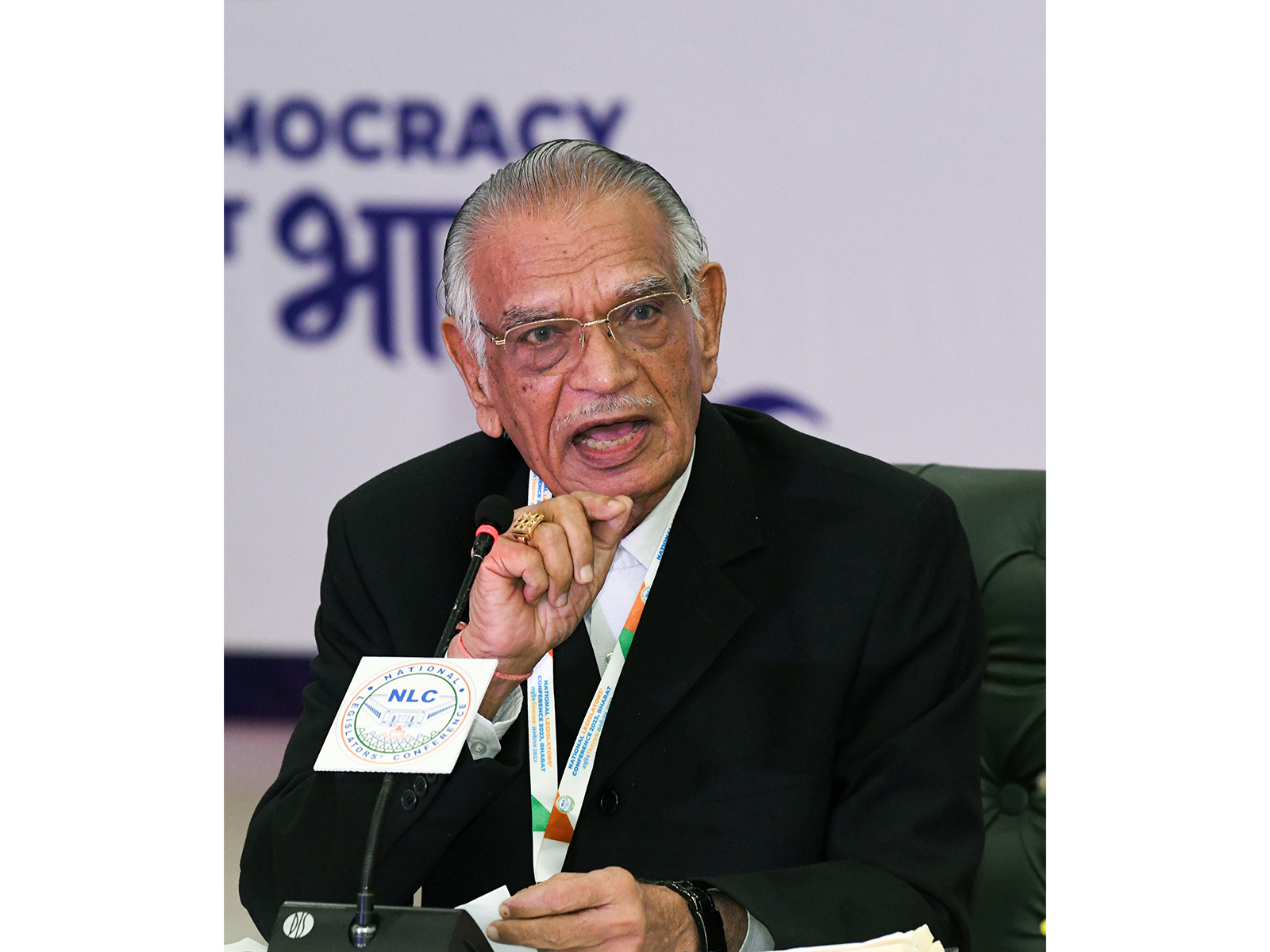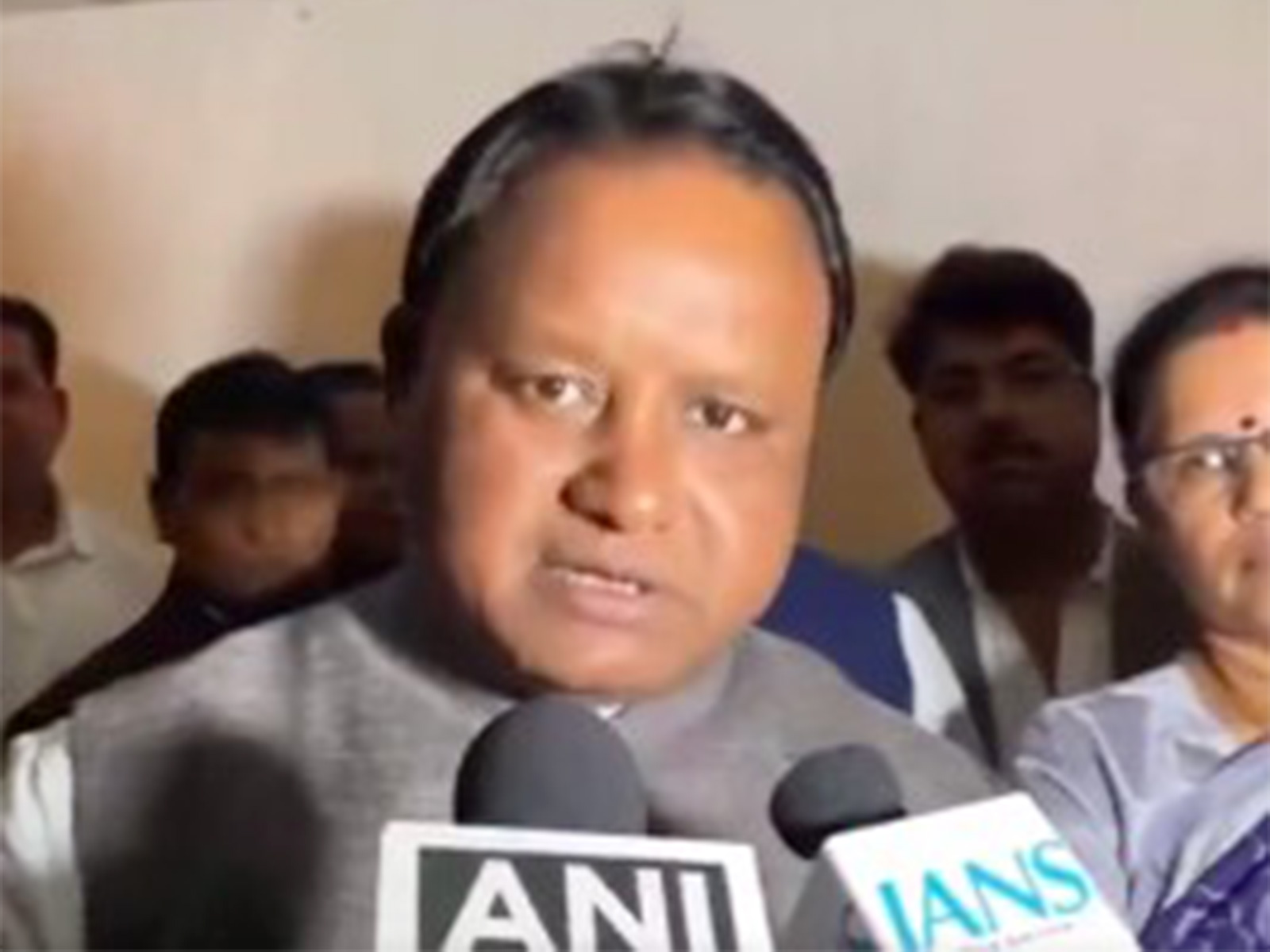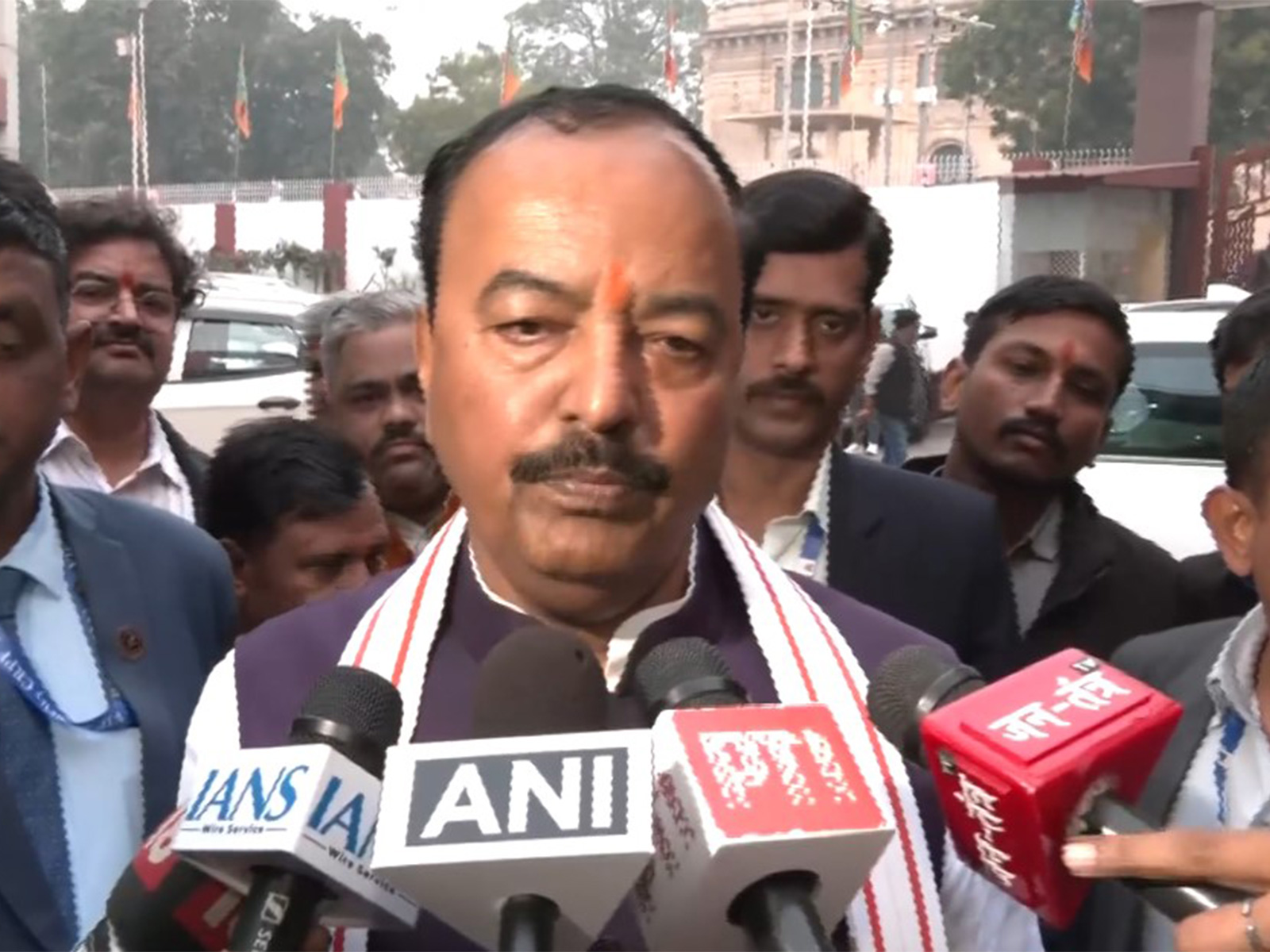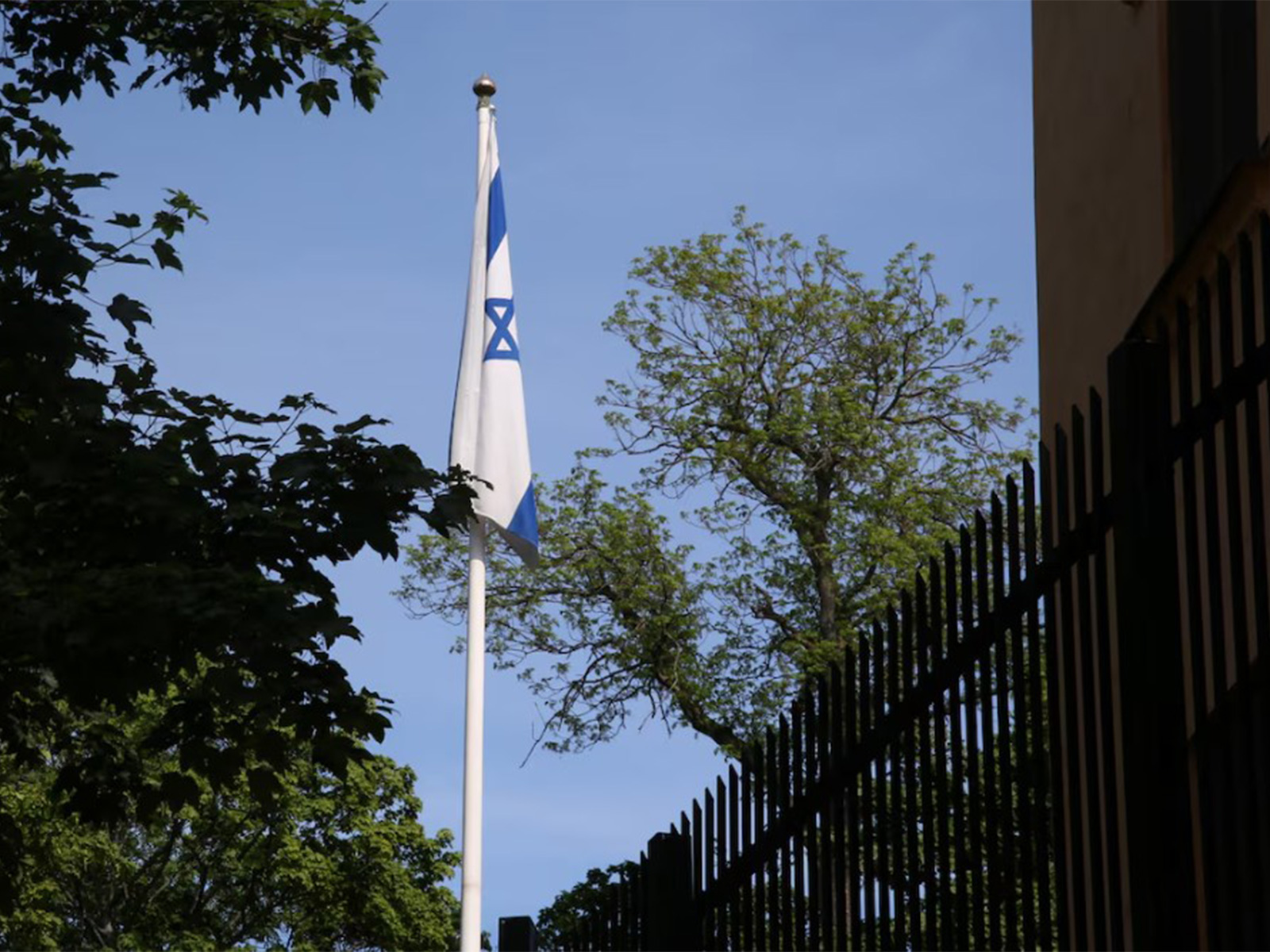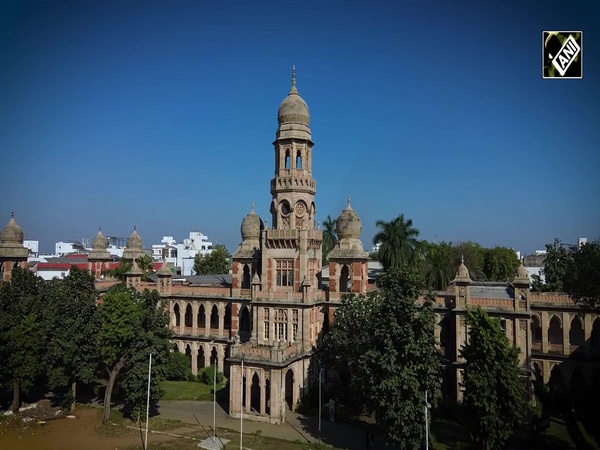Need to create accessible infrastructure for lawyers, litigants with disabilities: Justice DY Chandrachud to High Courts
Dec 23, 2020

New Delhi [India], December 23 : Supreme Court Judge and Chairperson of the eCommittee of the top court, Justice DY Chandrachud, has written to Chief Justice of High Courts across India stressing the urgent need to create accessible infrastructure including digital ecosystem and enabling physically challenged lawyers and litigants to participate in the legal profession in equal footing with others.
Justice Chandrachud has said that the creation of accessible infrastructure, including digital infrastructure, and an appropriate support system in the judiciary for lawyers and litigants with disabilities is imperative in order to create a level playing field.
He further said that this obligation is a natural corollary of the right to equality guaranteed to lawyers and litigants with disabilities under Article 14 of the Constitution of India and the right to practice a profession of one's choice under Article 19(1)(g) of the Constitution of India.
Courts must also ensure that court websites become more accessible for disabled lawyers, he said.
Justice Chandrachud has also stated that the onus to make filings (of the case) accessible cannot be placed on disabled lawyers as it would be akin to serving a file to an able-bodied lawyer in a foreign language.
Highlighting the steps taken to make e-courts more accessible to physically challenged lawyers and litigants, the letter said that the Supreme Court website now has a fully functional audio captcha.
"Until recently, it was not possible for the blind to independently access the website due to the visual captcha. This is a significant step which has been taken by the Supreme Court," Justice Chandrachud said while suggesting that the High Courts can take certain steps to make filings and their websites more accessible.
"I request you to undertake these steps with a sense of urgency," Justice Chandrachud stated in the letter.
The letter asked the High Courts and district judiciary that instead of requiring a disabled lawyer to seek case-by-case intervention, the existing filing practices be reconfigured taking into account of their needs.
"First, the onus to make filings accessible cannot be placed on disabled lawyers. This would be much like serving a file to an able-bodied lawyer in a foreign language and placing the onus on them to translate it into English. Instead, we must ensure that we institutionalise systems that embed accessibility for all times to come. Second, instead of requiring a disabled lawyer to seek case-by-case intervention, or having a separate system just for them, we have to ensure that existing filing practices are reconfigured to take account of their needs," suggested Justice Chandrachud.
He further stressed on the need to reinforce accessibility by making audio captchas available and judgements in the PDF format be auto-tagged in order to be accessible to visually challenged persons.
"Court websites must have clearly labelled buttons, and calendars to select dates must be accessible," the letter stated.
"I am sure that with your personal intervention, persons with disabilities will be able to find an accessible court environment. I earnestly request you to ensure that steps are taken in that direction both by the High Court and by the district judiciary," Justice Chandrachud said in the letter.
